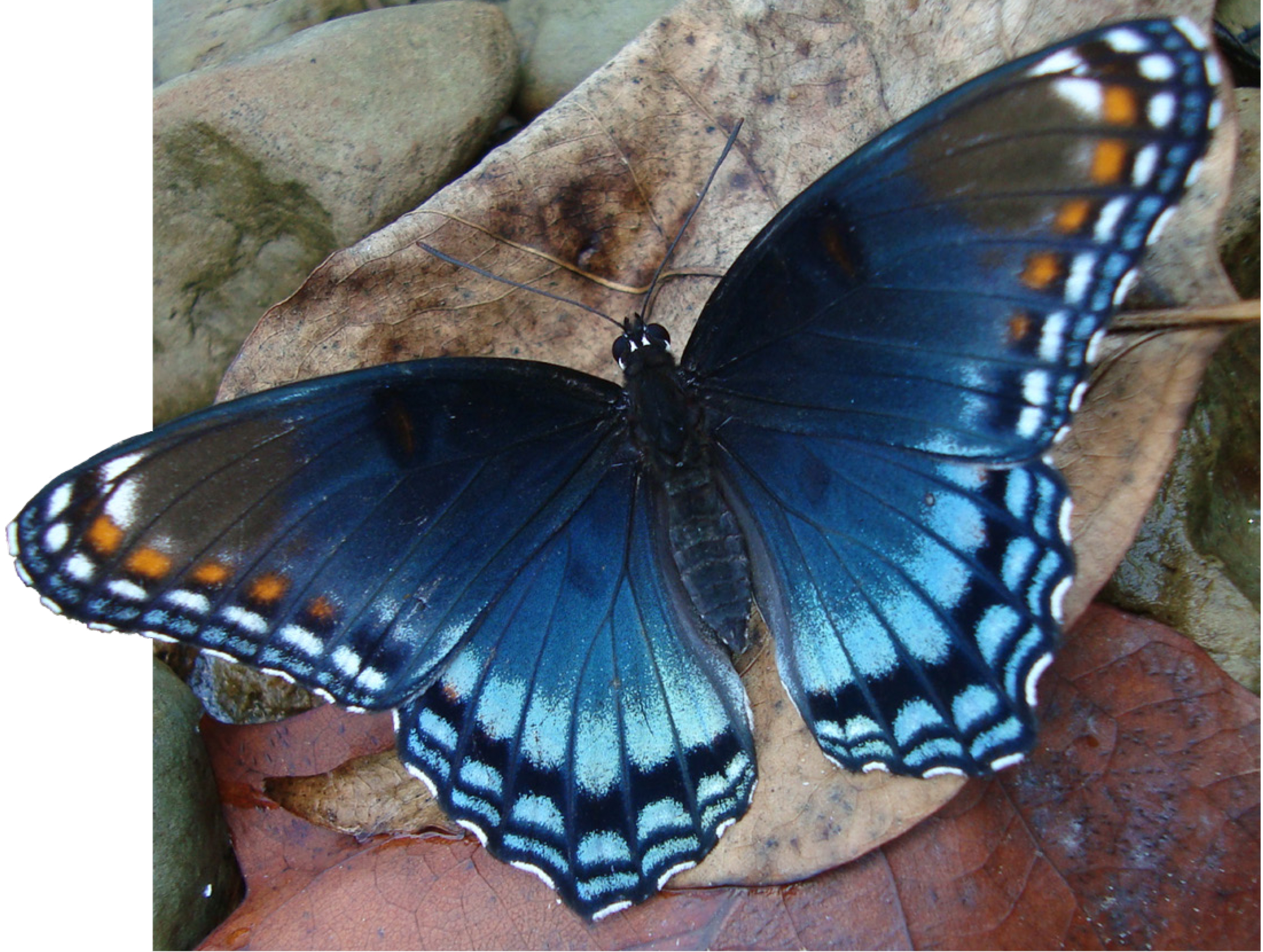Tuesday, December 10th
MCZ 101, 26 Oxford Street,
Harvard University
07:30 PM
Why more evolutionary biologists should study Admiral butterflies: #moreinterestingthanheliconius
Sean Mullen
Associate Professor
Boston University

North American admiral butterflies (genus Limenitis) are well known for examples of mimicry and hybridization. Early investigations involving Limenitis provided the first experimental evidence of Batesian mimicry using caged predators, and the genus featured prominently in the historical debate about the nature of species boundaries. More recent work has revealed a close phylogenetic relationship between Limenitis and the hyper-diverse Neotropical genus Adelpha, inspired questions about the evolutionary processes shaping latitudinal gradients in species richness, and illustrated the power of this system as a testing ground for mimicry theory. In my talk, I will provide a historical overview of work on Limenitis, present recent data about the history of mimetic character evolution in this genus, and highlight future opportunities for research on this remarkable system.
The talk is free and open to the public. The meeting is readily accessible via public transportation. Parking is available in the Oxford Street Garage with advance arrangement, as described here, or (usually but not always) at spaces on nearby streets. Everyone is also welcome to join us for dinner before the talk (beginning at 5:45 PM) at the Cambridge Common, 1667 Mass Ave., Cambridge.
CEC meetings are held the second Tuesday of the month from October through May. The evening schedule typically includes an informal dinner (5:45 to 7:15 PM) followed by our formal meeting (7:30 – 9:00 PM). The latter begins with club business and is followed by a 60-minute entomology related presentation. Membership is open to amateur and professional entomologists.


